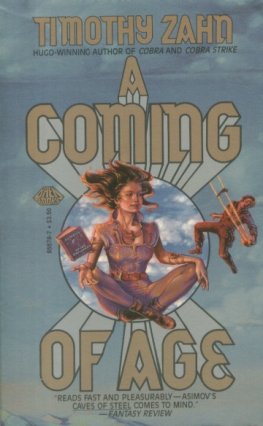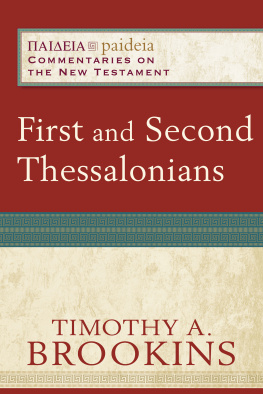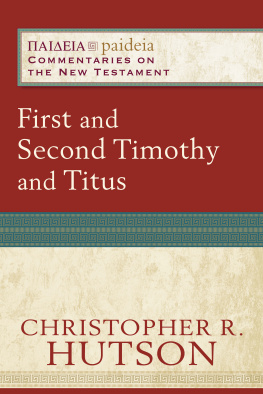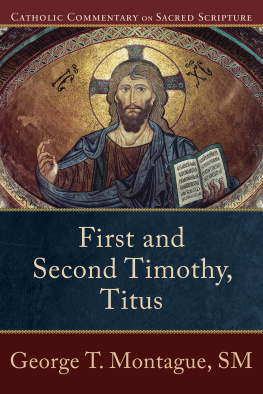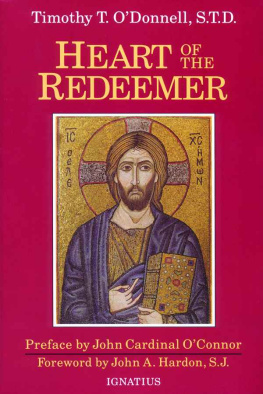
Gatekeeping in Transition
Much of what journalism scholars thought they knew about gatekeepingabout how it is that news turns out the way it doeshas been called into question by the recent seismic economic and technological shifts in journalism. These shifts come with new kinds of gatekeepers, new routines of news production, new types of news organizations, new means for shaping the news, and new channels of news distribution. Given these changing realities, some might ask: does gatekeeping still matter?
In this internationally-minded anthology of new gatekeeping research, contributors attempt to answer that question. Gatekeeping in Transition examines the role of gatekeeping in the twenty-first century from organizational, institutional, and social perspectives across digital and traditional media, and argues for its place in contemporary scholarship about news and journalism.
Tim P. Vos is chair and associate professor of Journalism Studies and coordinator of global research initiatives at the University of Missouri School of Journalism. He is co-author, with Pamela J. Shoemaker, of Gatekeeping Theory (2009).
Franois Heinderyckx is full professor at Universit libre de Bruxelles (ULB, Brussels) and Chang-Jiang Scholar Professor at Communication University of China, Beijing (20132018). He was President of the European Communication Research and Education Association (ECREA) between 2005 and 2012. He was also the 20132014 President of the International Communication Association (ICA).
Gatekeeping in Transition
Edited by Tim P. Vos and Franois Heinderyckx
First published 2015
by Routledge
711 Third Avenue, New York, NY 10017
and by Routledge
2 Park Square, Milton Park, Abingdon, Oxon OX14 4RN
Routledge is an imprint of the Taylor & Francis Group, an informa business
2015 Taylor & Francis
The right of the editors to be identified as the authors of the editorial material, and of the authors for their individual chapters, has been asserted in accordance with sections 77 and 78 of the Copyright, Designs and Patents Act 1988.
All rights reserved. No part of this book may be reprinted or reproduced or utilised in any form or by any electronic, mechanical, or other means, now known or hereafter invented, including photocopying and recording, or in any information storage or retrieval system, without permission in writing from the publishers.
Trademark notice: Product or corporate names may be trademarks or registered trademarks, and are used only for identification and explanation without intent to infringe.
Library of Congress Cataloging-in-Publication Data
Gatekeeping in transition / edited by Timothy Vos and Franois Heinderyckx.
pages cm
Includes bibliographical references and index.
1.JournalismPhilosophy.2.JournalismTechnological innovations. 3.Online journalism.4.Citizen journalism.I.Vos, Tim P., editor. II.Heinderyckx, Franois, editor.
PN4731.G362015
070.4dc23
2014044549
ISBN: 978-0-415-73161-4 (hbk)
ISBN: 978-1-315-84965-2 (ebk)
Typeset in Bembo
by Apex CoVantage, LLC
To Pamela J. Shoemaker, an exceptional scholar, educator, and human being
Section Titles
Contents
Part I
Thinking and Rethinking Gatekeeping
Tim P. Vos
Kjerstin Thorson and Chris Wells
Part II
Individual Level: The New Gatekeepers
Lea Hellmueller
Angela Phillips
Part III
News Routines: New and Old
Jane B. Singer
Karin Raeymaeckers, Annelore Deprez, Sara De Vuyst, and Rebeca De Dobbelaer
Part IV
News Organizationor Lack Thereof
Florence Le Cam and David Domingo
Wilson Lowrey
Part V
Social Institutions: Gatekeeping the Gatekeepers
Matt Carlson
Rodney Tiffen
Part VI
Social Systems Near and Far
Mervi Pantti
John A. Hatcher
Part VII
Conclusion
Franois Heinderyckx
This volume lays out a sample of the recent scholarship being produced about journalistic gatekeeping. Gatekeeping Theory was published in 2009 and barely a year had passed before it was apparent that a follow-up would be necessary. This volume is in no way a replacement for that 2009 book. Gatekeeping Theory puts forward the theoretical case for gatekeeping as a meaningful way to think about how news turns out the way it does. Gatekeeping in Transition is a natural continuation of that bookit explores the new empirical realities that are changing what we thought we knew about gatekeeping. It points the way to a research program that takes the dynamics of news construction seriously.
The book is structured around the five levels of analysis spelled out in greater detail in Gatekeeping Theory. For readers interested in the theoretical and definitional contours of the five levels, Gatekeeping Theory is the more suitable volume. If readers are looking for new studies that deal with the complexities of the changes facing journalism and how those complexities can be usefully understood through the lenses of the five levels of analysis, the chapters that follow should prove helpful.
The book demonstrates the international utility of gatekeeping theory. It includes authors from North America, Europe, and Australia and addresses journalism in Africa and elsewhere. The changes facing journalism are not confined by national boundaries. Gatekeeping has become a global and transnational undertaking; it is only fitting that gatekeeping scholarship be just as global and transnational.
The studies and essays that constitute Gatekeeping in Transition are original to this volume. We are grateful to the authors for their commitment to this book. Like most edited books, the original timeline proved to be optimistic, and the project took longer to bring to the finish line than any of us had hoped. The fortunate consequence of those delays was that we were able to cite and highlight an enormous amount of high-quality gatekeeping scholarship that appeared in 2014. In fact, we were tempted to wait a little longer to cover additional new developments and the new research that examines those developments. But alas, the reality of the title of the book hit home. Gatekeeping is in transition. It does not stand still for us to investigate it and write about it. And that is why it is such a fascinating area of study.
A number of individuals worked on this project whose names do not otherwise appear in the volume. These are early-career researchers who aided in the many phases of the project. Special thanks to Marina Hendricks, Tatsiana Karaliova, Yulia Medvedeva, Edson Tandoc, J. David Wolfgang, and Yan Wu. All gladly pitched in.
Tim P. Vos, Columbia, MO, U.S., November 3, 2014
Franois Heinderyckx, Brussels, Belgium, November 3, 2014
Tim P. Vos
Gatekeeping did not come with a birth certificate, but the case can be made that the basic theory of gatekeeping is at least 65 years old. Although journalists used the concept of gatekeepingif not the precise terminologymore than a century ago, the seminal piece by David Manning White (1950) generally gets the credit for launching the scholarly gatekeeping tradition. In many places in the world, 65 is considered the age of retirement. So, is it time to send a reliable but tired old theory out to pasture? There is no shame in retirement. Gatekeeping can be remembered for its importance in those early attempts to give early journalism and mass communication scholarship a more systematic and scientific basis. It can be remembered for how it challenged received notions of journalistic objectivity. It can be remembered for inspiring many young scholars to engage in empirical scholarship.




